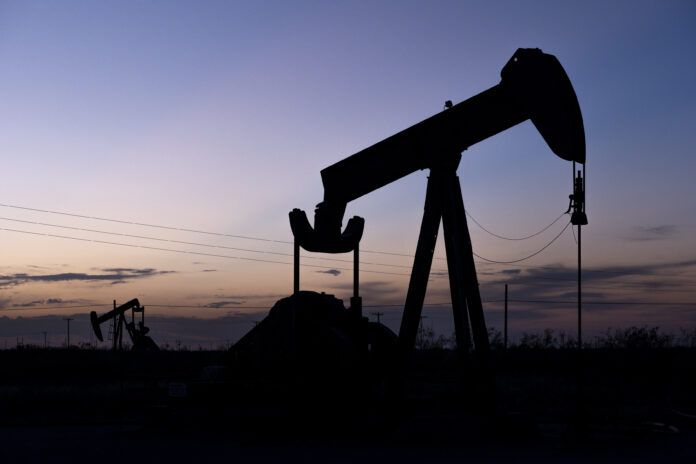The ExxonMobil Corp. had a strong third quarter, earning $19.7 billion and hitting record production in the Permian Basin with 560,000 barrels of oil per day.
“We signed a largest-of-its-kind commercial agreement to capture and permanently store up to two million metric tons of carbon dioxide emissions per year,” reported Chairman-CEO Darren Woods from Irving, northwest of Dallas. “Where others pulled back in the face of uncertainty and a historic slowdown, retreating and retrenching, this company moved forward, continuing to invest and build.
“Higher natural gas realizations, strong refinery throughput, robust refining margins and rigorous cost control drove our earnings improvement.”
Woods said ExxonMobil “continues to make progress on the Beaumont refinery expansion, which will increase capacity by about 250,000 barrels per day in the first quarter of 2023.
“We also increased production from our high-return assets in the Permian and Guyana,” he said. “We grew our production in Guyana to 360,000 barrels per day during the third quarter.”
In October, Woods said, his company achieved its first liquefied natural gas production from Mozambique’s Coral South floating LNG development.
“We continue to actively manage our portfolio, announcing the sale of our interest in Aera oil production operations in California and our refinery in Billings, Mont.,” he said. “Proceeds from divestments completed year-to-date totaled $4 billion as we captured incremental value for these non-core assets in today’s higher price environment.”
Woods said Russia had terminated ExxonMobil’s interest in the Sakhalin-1 project and given it to a Russian company.
“In March we stated our intention to exit Sakhalin-1 and discontinue our role as operator and we took an impairment of approximately $3.4 billion at the time,” he said. “While our affiliate was in force majeure due to the unprecedented impact of global sanctions, we continue to make every attempt to engage in good faith discussions with the Russian government and all Sakhalin-1 partners to effect a smooth exit to the benefit of all parties.”
A force majeure is a provision in a contract that frees both parties from obligation if an extraordinary event directly prevents one or both parties from performing.
Noting that natural gas prices rose to record levels in the third quarter but have recently moderated, Woods said there has been a lot of concern in Europe about the withdrawal of Russian supply and efforts to build inventory ahead of winter.
“We’ve continued to actively manage our portfolio, closing the sales of our Romanian upstream affiliate and XTO Energy Canada,” he said.
Chief Financial Officer Kathy Mikells said in reference to the amounts of oil, gas and refined products her company produced, “We had, across the globe, the best results on throughput that we had seen since 2008.”
Mikells said the demand for gasoline was lower than usual last summer, but the demand for diesel fuel remains strong.
“We did a good job on revenue management and saw positive benefits there,” she said.




